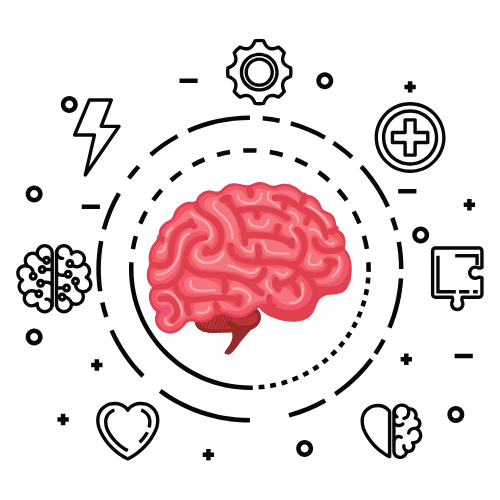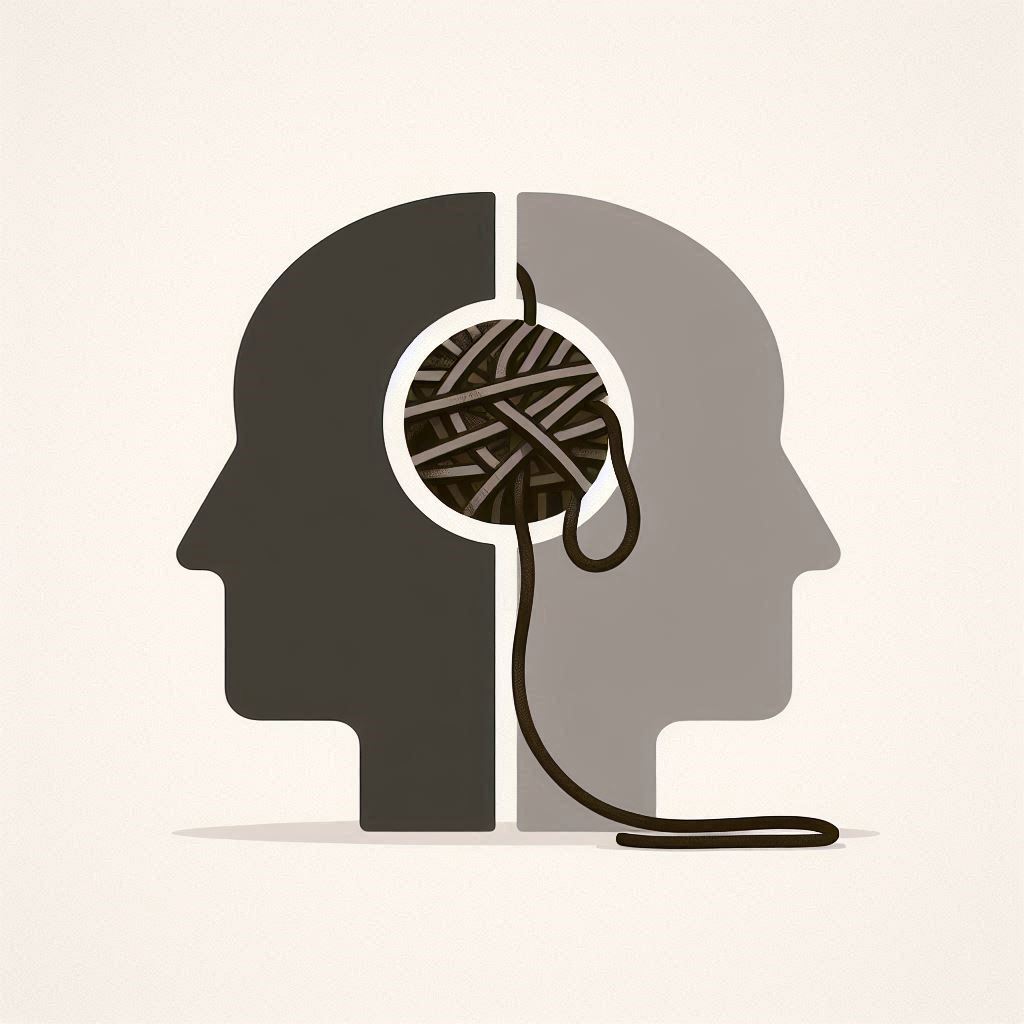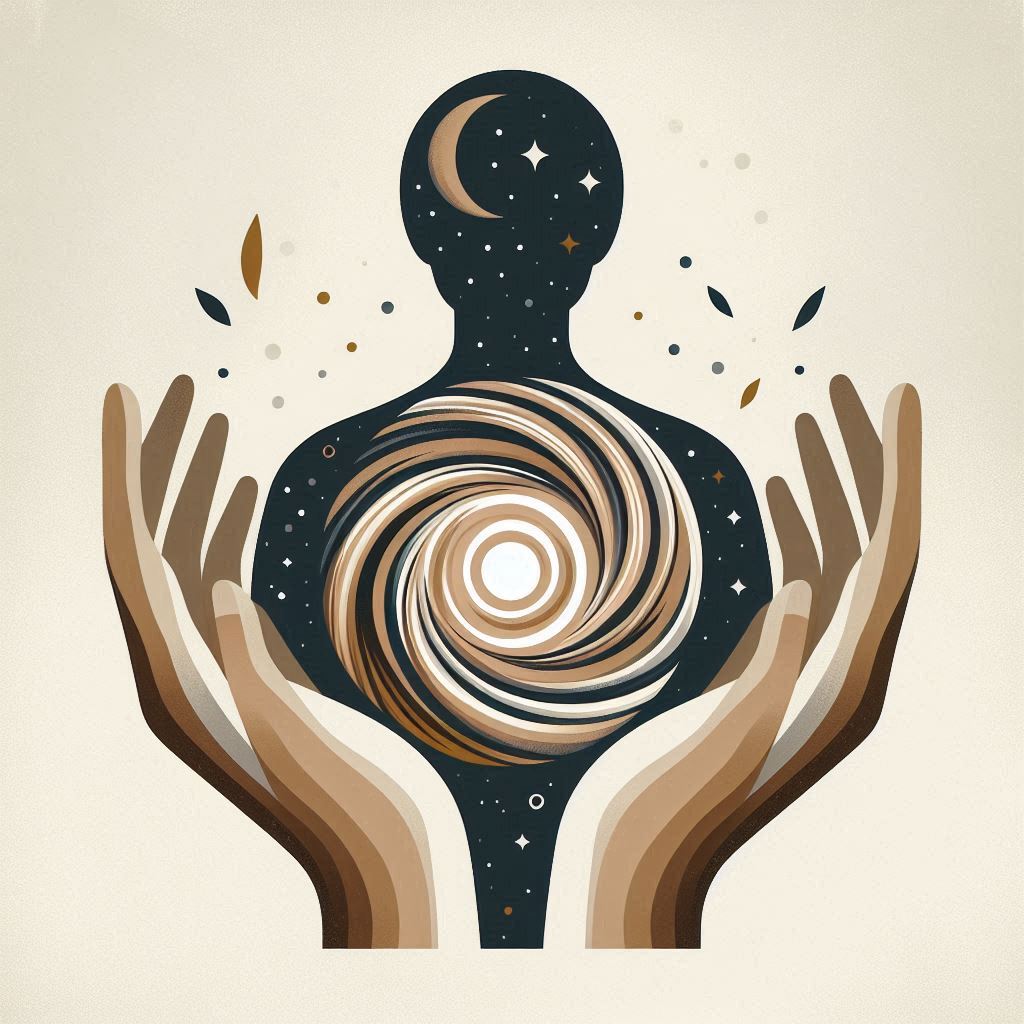
When people think about speaking to a mental health professional, the first thought is usually a psychiatrist or psychologist. But in reality, that’s often not what suits everyone’s needs. In many cases, the support they’re looking for can be found elsewhere — in the form of a counsellor, coach or spiritual director.
The issue is that these options aren’t well-known or readily offered. In Australia, if you visit a GP and mention you’d like to speak to someone (or if your GP recommends it), the go-to referral is typically to a psychologist. This is largely because psychologists are currently the only profession eligible for a Medicare rebate, making them the most financially accessible option.
As a result, counsellors, coaches and spiritual directors are often overlooked — even when they might be a better fit. This also contributes to long waitlists for psychologists, which can leave many people without the right kind of support for months on end.
So let’s break down the differences between each profession, so you can find the right kind of help for your specific needs.
In practice, many professionals blend different approaches — for example, some psychologists also work in a counselling style, and some counsellors may integrate coaching techniques. However, the professions are generally structured as a tiered system based on university-level qualifications, and for that reason:
A counsellor cannot act as a psychologist,
A psychologist cannot act as a psychiatrist,
And only psychiatrists are medically trained to prescribe medication.
Note: If you’re unsure which type of support is right for you, it’s a good idea to speak with your GP, who can help assess your situation and offer guidance or referrals based on your needs.

Psychiatrist
A doctor, a specialist who can diagnose and prescribe medication to treat chronic mental health conditions.
- Often works with complex or severe mental health conditions.
- A medical doctor specialising in mental health.
- Can diagnose, treat, and prevent mental illnesses.
- Can prescribe medication.
Psychologist
A strategist, someone who helps you find strategies and systems to navigate challenging diagnoses such a depression, anxiety or PTSD.
- Trained in the science of how people think, feel and behave.
- Uses evidence-based talk therapies (e.g. CBT, ACT).
- Helps clients manage emotional and psychological difficulties.
- Can diagnose mental health conditions but cannot prescribe medication.


Counsellor
A listener, someone who supports with warmth, compassion and understanding.
- Provides support for navigating life challenges and emotional distress.
- Helps improve wellbeing and resolve specific issues.
- Often more accessible, with flexible approaches depending on training.
- May specialise in areas like grief, relationships, trauma or family therapy.
Coach
A guide, someone who helps you get to where you want to go.
- Focuses on achieving specific personal or professional goals.
- Works to enhance performance, mindset, or habits.
- Often action-oriented and future-focused.
- May specialise in areas such as life, career, leadership or wellness.


Spiritual Director
- Supports individuals in exploring spiritual aspects of life.
- Offers guidance around meaning, purpose and connection.
- Not necessarily religious — can be helpful for people of all belief systems.
- Provides a reflective, non-judgemental space for spiritual growth.
Choosing the Right Mental Health Professional for You

Five steps to Choose the Right Mental Health Professional for You
1. Clarify what you’re seeking support for
Ask yourself:
- Do I need help processing emotions or trauma?
- Am I looking for strategies to change behaviour or thought patterns?
- Am I in crisis or needing medical support?
- Do I want help achieving a goal or making a life change?
- Am I searching for deeper meaning or spiritual insight?
2. Consider the level of support you need
- Medical/clinical support? Start with a psychiatrist or psychologist.
- Emotional or relational support? A counsellor may be a good match.
- Goal-setting or growth-oriented? A coach could be ideal.
- Spiritual exploration or life direction? Try a spiritual director.
- Unsure? A good counsellor or psychologist can help assess and refer you.
3. Think about the style that suits you
- Do you want a more structured, solution-focused approach?
- Do you prefer someone who listens deeply and holds space without advice?
- Do you feel drawn to practical tools, reflection, or action steps?
- Consider what has helped you in the past, or what hasn’t.
4. Check credentials and experience
- Make sure they’re trained, insured, and (where relevant) registered with a professional body.
- Read bios carefully — many professionals have specific areas of expertise (e.g. trauma, parenting, neurodivergence, leadership).
5. Trust your gut
- The relationship is everything. You should feel safe, seen, and respected.
- It’s okay to try someone and realise they’re not the right fit — that’s part of the process. It’s like finding the right hairdresser, it can take a while until you find the right one for you.
- Most practitioners are happy to chat briefly (a consultation) before you commit to a full session.
Our GPR will be made public soon so you can find the right practitioner for you.

